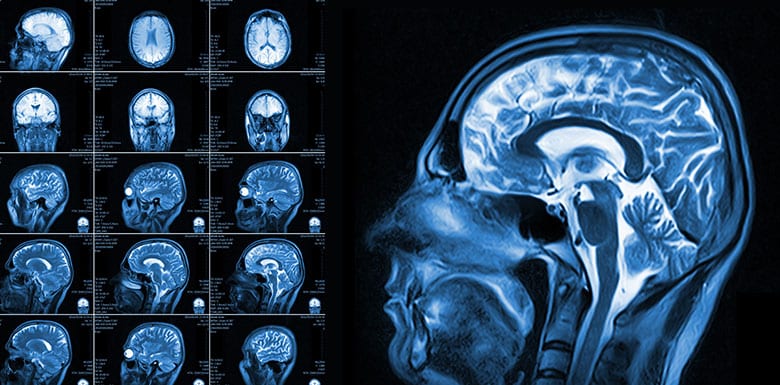Brain injuries are some of the most serious injuries that occur after motor vehicle accidents, slip and falls, work accidents, and other incidents. They can lead to hefty medical bills, loss of earning potential, and a diminished quality of life. Since March is Brain Injury Awareness Month, we’ve compiled a guide of everything you need to know about brain injuries.
If you or a loved one has sustained a TBI (traumatic brain injury), it is in your best interest to reach out Belt, Bruner, & Barnett P.C. to speak with a skilled Alabama TBI lawyer. We will listen to your story, offer you options for moving forward, and will fight hard for you to receive the compensation you deserve. Call us at (205) 933-1500 today, or reach out online to schedule a free consultation of your case.
What is a Brain Injury?
TBIs occur when a bump or blow causes damage to the brain. The three levels of these injuries include:
- Mild TBI – Mild TBIs are concussions that lead to symptoms such as confusion, disorientation, fatigue, and balance issues. If you suffer from one or multiple concussions, you may find it a challenge to perform everyday tasks for a certain period.
- Moderate TBI – A moderate TBI can make you lose consciousness for several hours and leave you with symptoms that last for days. Seizures, dilated pupils, and fluid draining from the nose or ears are a few of the physical symptoms you may experience with a moderate TBI. You may also be confused, agitated, and find it difficult to speak.
- Severe TBI – If you are coping with a severe TBI, you may lose consciousness for a long period of time. You may also suffer from serious cognitive impairments and require treatment for a long-term disability.
Treating a Brain Injury
All brain injuries require immediate medical attention. However, the treatment for your injury will depend on the extent and location of the damage. A doctor can take a neurological exam or an imaging test to determine the severity of the harm you suffered, and the type of treatment that can improve your condition.
Your treatment plan will likely include rehabilitation that is designed to aid in long-term recovery. Rehab services such as physical therapy, occupational therapy, speech and language therapy, and counseling or another type of psychological support may all be included in the plan. Your doctor may also prescribe assistive devices or home modifications to make it easier for you to complete everyday tasks.
How to Prevent a Brain Injury
While not all brain injuries are preventable, there are some ways you can reduce your risk of experiencing one, including:
- Always wear a seat belt. Regardless of the length of your drive, you should always wear a seat belt when you are in a moving motor vehicle.
- Wear a helmet when necessary. If you are on a bicycle, motorcycle, scooter, or another unrestrained vehicle, wearing a helmet is imperative.
- Drive defensively. Every time you’re behind the wheel, be sure to adhere to all road signs and laws, avoid distractions and speeding, and be mindful of your surroundings.
- Remove clutter for your home. To prevent falls that may lead to brain injuries, take the time to clear your home of clutter. All walking paths should be well-lit and free of items.
Contact an Alabama Brain Injury Lawyer for Help
If you or someone you love is suffering from a brain injury that was the result of another party’s negligence, contact Belt, Bruner, & Barnett P.C. right away. Our Alabama personal injury lawyers can inform you of your legal options and ensure your rights are protected. Contact us today at (205) 933-1500 to schedule a free, initial evaluation of your case.
